As a popular daily care product, oil-control shampoo is increasingly being included in the daily care list. However, many people may experience dry hair and split ends after using oil controlling shampoo, which leads to questions such as "Will the hair really become dry after using oil-control shampoo?" Today, we will discuss this issue in detail to help everyone understand the actual effect of oil-control shampoo and solve common problems.
What is oil-control shampoo?
Oil-control shampoo is a shampoo product designed for oily hair, designed to remove excess oil from the scalp and restore the scalp's freshness. Oily scalps often cause excessive secretion of sebum, which makes the hair greasy, heavy, and even produces dandruff. The main ingredients of oil-control shampoo usually include oil-control factors, oil-removing cleaning ingredients, and some plant extracts that deeply cleanse and regulate the oil balance of the scalp.
The goal of using oil-control shampoo is to keep the scalp clean and the hair light, avoiding greasiness and discomfort. However, due to its strong cleansing effect, it sometimes has a certain impact on the moisturizing of the hair, which is also the reason why many users mentioned dry hair.
The main ingredients and functions of oil-control shampoo
The ingredients of oil-control shampoo are mainly concentrated in the following aspects:
Degreasing ingredients: Surfactants such as lauryl sulfate (SLES) have strong degreasing power and can effectively remove excess oil from the scalp.
Plant extracts: such as tea tree oil, rosemary, mint, etc., have the functions of oil control and scalp cleaning, and can also provide nourishment to the scalp to keep it healthy.
Deep cleansing factor: Some oil-control shampoos also add deep cleansing ingredients to help remove dirt and pollutants accumulated on the scalp, so as to achieve the effect of thoroughly cleaning the scalp.
Ingredients for regulating scalp oil balance: Ingredients such as amino acids and glycerin can regulate sebum secretion and help restore the skin's natural barrier.
The combination of these ingredients enables oil-control shampoo to effectively remove oil and keep the scalp fresh, but it may also take away some of the natural oils needed by the hair, causing the hair to feel dry.
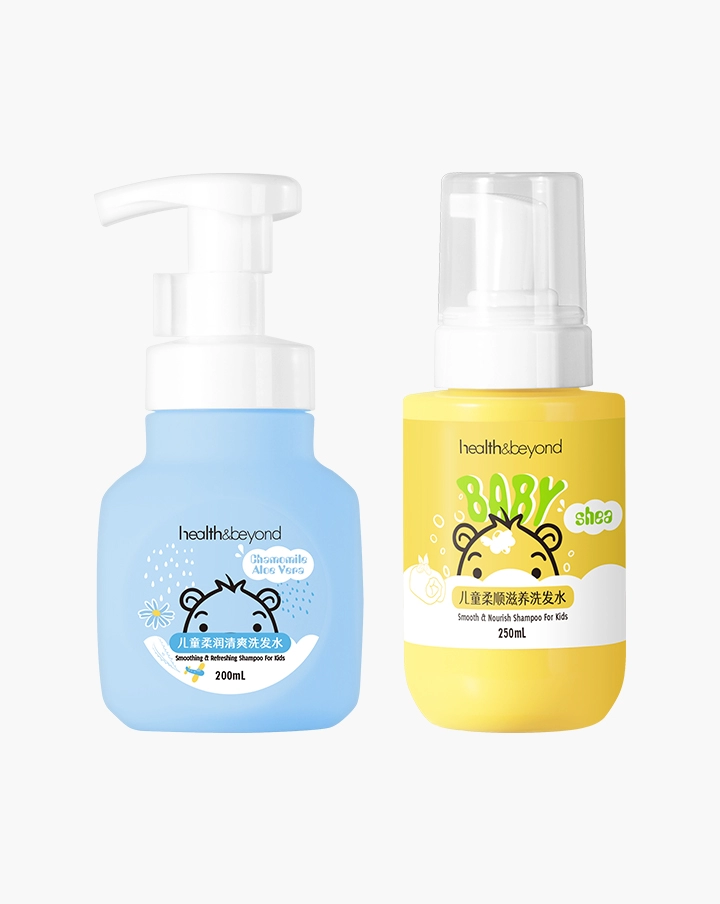
Why does your hair become dry after using oil-control shampoo?
The main goal of oil-control shampoo is to remove excess oil from the scalp and hair. Oil is the natural protective layer of hair, which has a moisturizing and softening effect. When using oil-control shampoo, the strong degreasing ingredients will clean the oil on the surface of the hair, especially for oily hair, the oil control effect may be stronger.
However, oil is not just a synonym for "greasy", it also helps to protect and moisturize the hair. If there is not enough oil covering the surface of the hair, the moisture of the hair will easily be lost, resulting in dry hair. If the hair does not replenish the appropriate moisturizing ingredients in time after using oil-control shampoo for a long time, it will appear dry, brittle and other problems.
Summary of the reasons for dry hair:
Excessive degreasing: Although oil-control shampoo effectively removes oil, if it is over-cleaned, it will cause the hair to lack the protection of natural oils and become dry.
Lack of moisturizing ingredients: Some oil-control shampoos may focus on the oil control effect and ignore the addition of moisturizing ingredients, so that the hair is not sufficiently moisturized, resulting in dryness.
Scalp oil imbalance: Excessive cleansing may disrupt the oil balance of the scalp, leading to disordered sebum secretion, which in turn affects the health of the hair.
Excessive use frequency: If you use oil-control shampoo every day, excessive cleansing of the scalp may aggravate the dryness.
How to avoid oil-control shampoo causing dry hair?
Choose the right oil-control shampoo: There are many types of oil-control shampoos on the market, and consumers should choose the right product according to their hair quality. For example, some oil-control shampoos have added moisturizing ingredients (such as glycerin, squalene, etc.), which can provide moisture while cleaning and slow down the dryness.
Use conditioner: Although oil-control shampoo can effectively remove oil, it cannot completely nourish the hair. Using matching conditioner can provide the nutrients and moisture needed by the hair after shampooing, avoiding dry and frizzy hair.
Avoid overuse: Oil-control shampoo does not need to be used every day. If your scalp is less oily, it is recommended to use it 2-3 times a week to avoid excessive oil removal and reduce damage to the hair.
Regular deep care: It is recommended to use deep nourishing shampoo products or deep care (such as hair mask, hair oil, etc.) every once in a while to provide more moisture to the hair and help repair the dryness caused by oil-control shampoo.
Adjust the amount of shampoo: When using oil-control shampoo, there is no need to apply excessively. A small amount of shampoo is enough to produce foam and cleanse, and excessive use will increase the dryness.
Gentle shampoo: Try to avoid using overheated water when shampooing. Excessive water temperature can easily cause hair to lose moisture and cause dryness. Warm water is more gentle to clean hair and help reduce moisture loss.
Precautions for using oil-control shampoo
Moderate use: For oily scalp, using oil-control shampoo can effectively relieve the greasy feeling, but it should not be used every day. Excessive cleaning may cause an imbalance in sebum secretion, which in turn causes problems such as dry hair or hair loss.
Choose the right product: There are many oil-control shampoos on the market. Consumers should choose the right product according to their personal hair quality, scalp condition and seasonal changes. For example, when using oil-control shampoo in winter, you should choose products with moisturizing ingredients to avoid dryness.
Pay attention to ingredients: The ingredients of oil-control shampoo from different brands are different, and some products may add more irritating ingredients such as sulfates. If you are worried that the shampoo will cause dryness due to excessive cleansing, you can choose an oil-control shampoo that does not contain sulfates or gently cleanses.
Scalp care: In addition to using oil-control shampoo, regular scalp care (such as scalp massage, scalp essential oils, etc.) can also help maintain the health of the scalp and the balance of oils.
Using oil-control shampoo does not necessarily cause dry hair, but if it is not used correctly, problems such as dryness and frizz may occur. To avoid this, consumers should choose oil-control shampoo suitable for their hair, reasonably match it with nourishing products such as conditioners and hair masks, and control the frequency of use to avoid excessive cleansing. At the same time, pay attention to scalp health and maintain oil balance to ensure that the hair is both refreshing and not dry.
As a professional shampoo manufacturer, we use advanced technology, combined with natural plant essences and deep cleansing ingredients to ensure that we can maintain the natural water and oil balance of the scalp and hair while removing excess oil. Our oil-control shampoo not only effectively removes oil, but also adds moisturizing ingredients such as glycerin and squalene to help improve dry and frizzy hair. We also pay special attention to the mildness of our products, avoiding the use of irritating ingredients to ensure that they are suitable for all scalp types, especially oily and combination hair. With our professional formula, you can rest assured to enjoy the refreshing experience of oil-control shampoo while keeping your hair moisturized and healthy.








 Previous news
Previous news
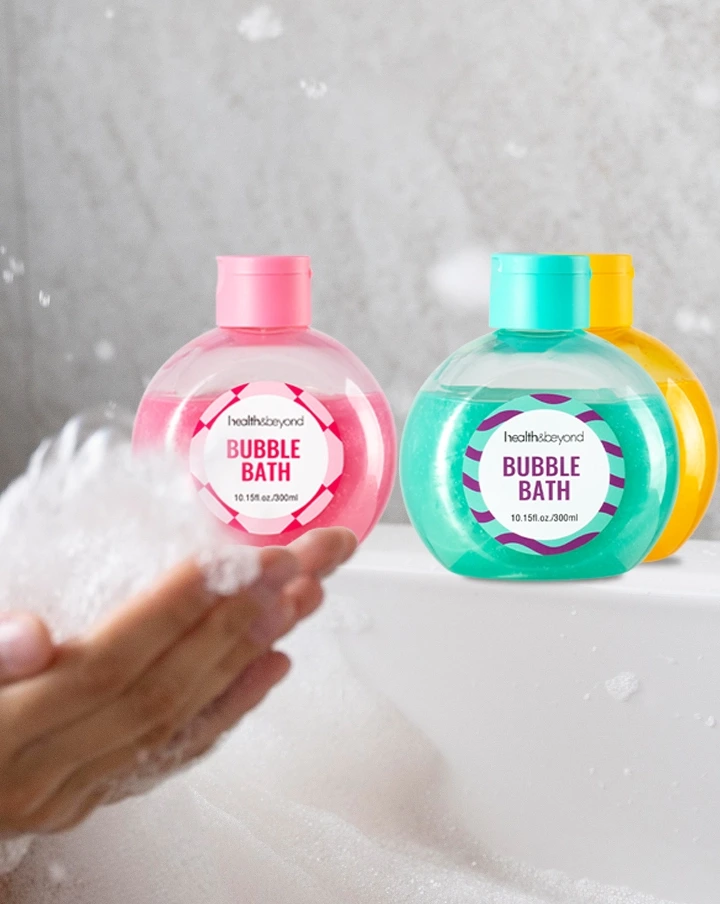
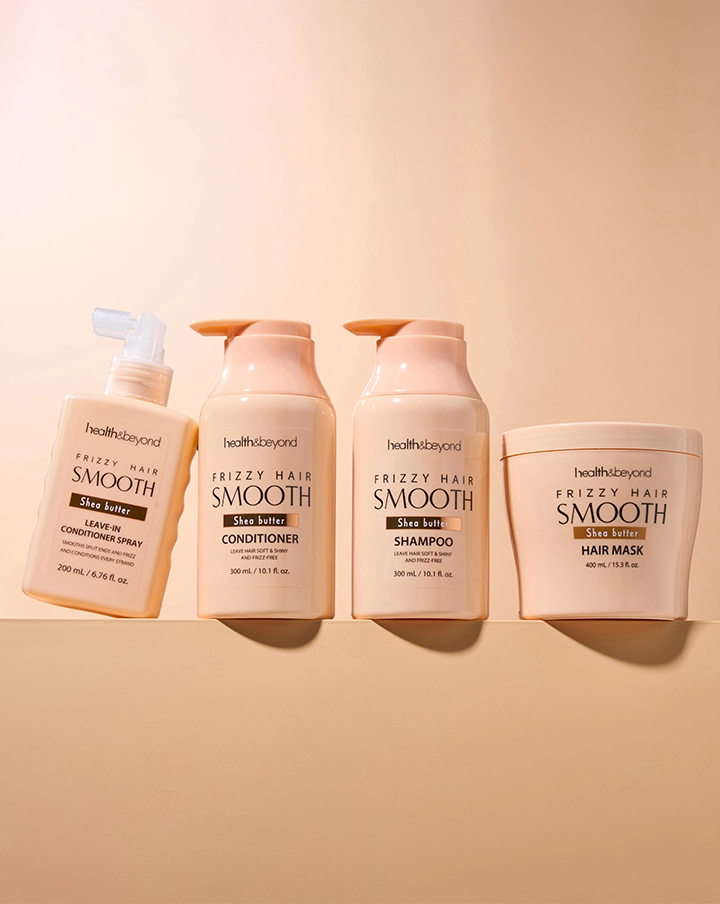
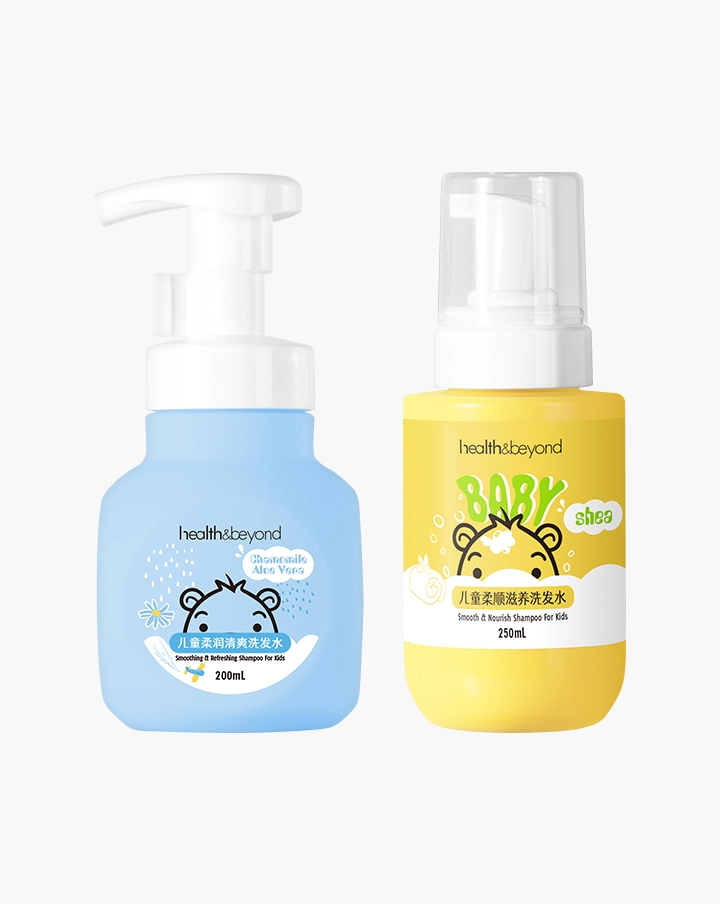
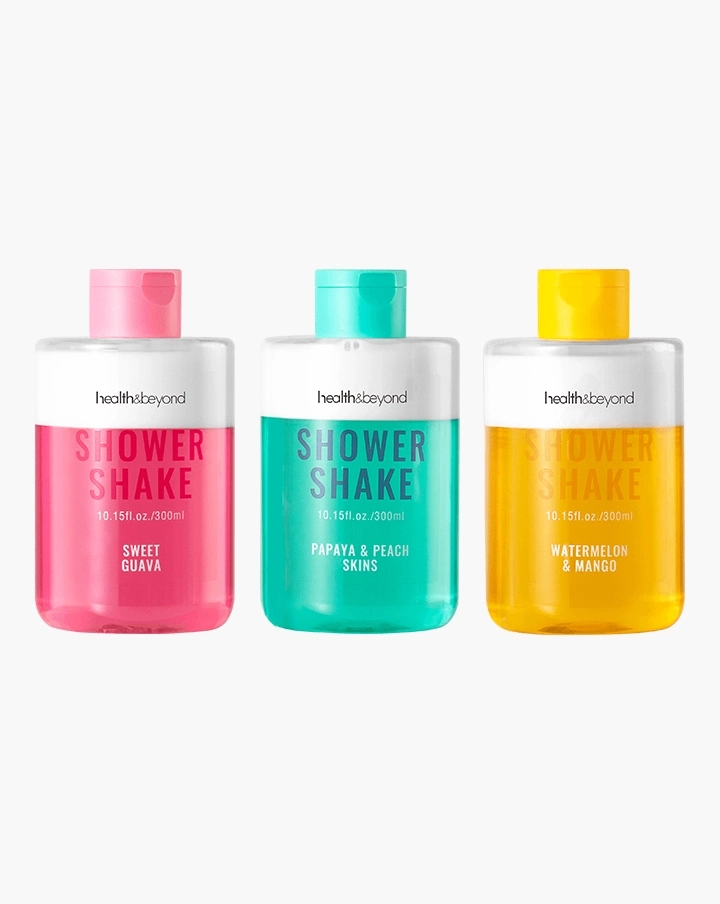

 WhatsApp
WhatsApp